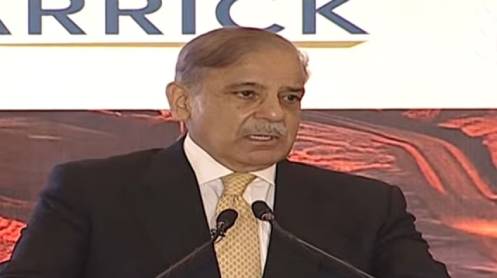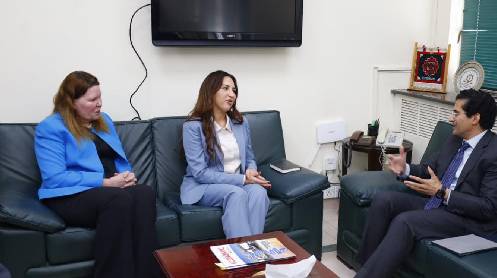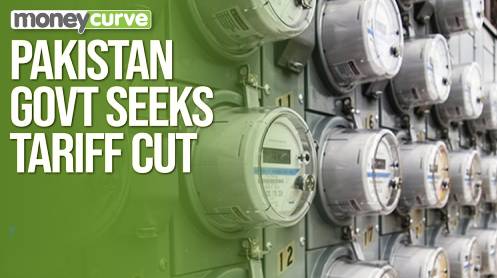ISLAMABAD: Prime Minister Shehbaz Sharif announced a three-month relief package for lifeline electricity consumers whose monthly consumption remains below 200 units.
The state broadcaster PTV News posted on X that the government will offer a Rs50 billion discount to these consumers in July, August, and September, benefiting 25 million consumers—94% of the country’s domestic electricity users.
During a press conference in Islamabad, PM Shehbaz detailed that the relief package will provide a concession of up to Rs7 per unit for around 25 million domestic consumers falling in the protected category. The federal government allocated Rs50 billion from its development budget for this relief.
“This package aims to ease the burden on our protected category consumers using up to 200 units a month from July to September,” PM Shehbaz stated. He highlighted that this initiative contrasts with the “hollow claims” of previous governments, emphasizing the current administration’s commitment to public relief.
PM Shehbaz assured that further relief measures would follow as the government continues to expand its fiscal space through taxing the elite class, expanding the tax net, closing non-performing entities, and plugging financial leakages.
The Prime Minister also revealed an agreement between the federal and Balochistan governments to solarize around 28,000 tube wells in the province, saving Rs80-90 billion annually. This model will be extended to other provinces, where approximately one million tube wells currently run on imported oil, costing $3.5 billion in foreign exchange.
Furthermore, PM Shehbaz mentioned new taxes on the real estate sector to generate Rs100 billion, acknowledging the tax burden on the salaried class and emphasizing the necessity for the elite class to contribute to the country’s prosperity.
In response to public outcry and potential political backlash, the government decided to retract the 51% increase in electricity rates for protected consumers, which had been approved as a “prior action” required by the International Monetary Fund (IMF). This decision was taken following feedback about consumers’ frustration due to accumulated bills and high consumption during the hot and humid weather. The revenue gap of about Rs50 billion will be covered through government subsidies and innovative tariff setting.
The relief package reflects the government’s effort to balance fiscal responsibility with public welfare, aiming to stabilize the energy sector while easing the burden on vulnerable consumers.





